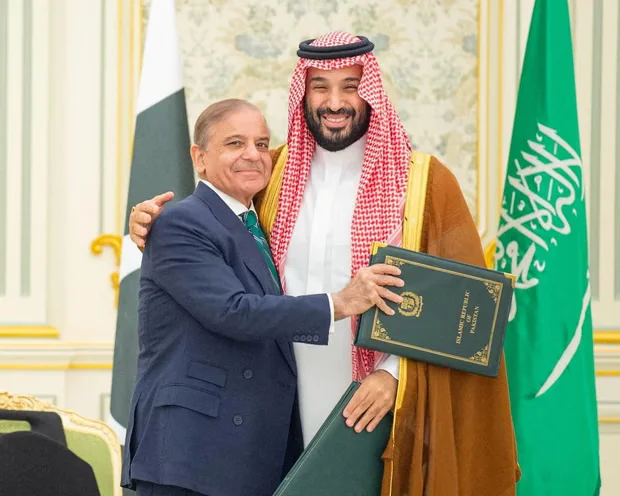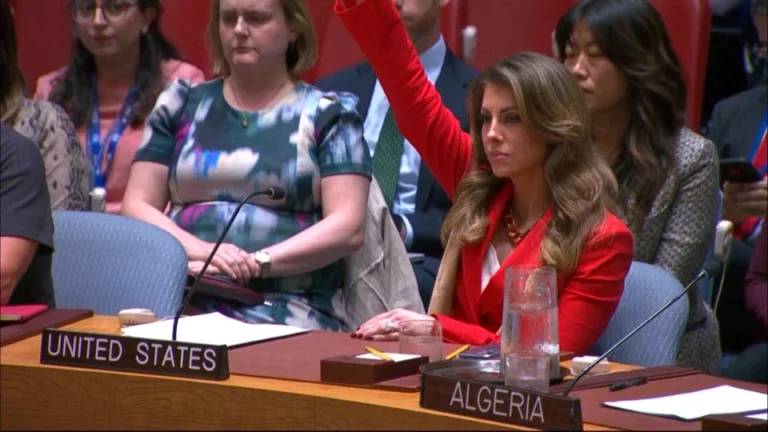The Shanghai Cooperation Organisation gathering in Tianjin wasn’t just a diplomatic meeting. It played out like stagecraft, with every handshake, smile, and fighter jet roar designed for effect. Beijing understood the cameras. Washington and Brussels knew too. The reactions alone proved the message landed.
Closer to South Asia, tensions simmered. India arrived with pointed expectations. Their foreign secretary made it clear: they wanted cross-border terrorism condemned, with Pakistan named outright. Yet the SCO kept its script of balance. Attacks in Kashmir and Baluchistan were condemned, but blame left floating in the air. India and Pakistan both went home unsatisfied.
Still, Prime Minister Modi projected cheer. He laughed with Putin, chatted with Xi, presenting a deliberate image of independence. The mood wasn’t accidental. US tariffs, especially those punishing India for Russian oil purchases, had left scars. Watching China escape penalties while India was punished only deepened resentment. In Tianjin, Modi’s open camaraderie with Moscow and Beijing felt like quiet defiance.
Optics matter more than speeches. Beijing put on a show of power.
China’s stagecraft peaked with the grand military parade. Tanks rolled in perfect rhythm. Jets traced thunderous lines across the sky. The message was unmistakable: the unipolar age is fading. NATO once stretched east unchecked, but Russia’s resurgence in Crimea and Donbas had already cracked that illusion. Now China was stepping forward, showing hypersonic missiles, stealth bombers, and futuristic drones. Balance was shifting.
Trump, true to form, couldn’t stay silent. From his Truth Social pulpit, he first congratulated Xi. Then came the sting. He lashed out with sarcasm: “Give my warmest regards to Vladimir Putin and Kim Jong Un, as you conspire against the United States.” His tone read less like strategy, more like sulking.
Beijing responded coolly. Their officials said the parade honored history, not aimed at anyone. The subtext told another story. China wanted the world to see it had friends beyond NATO’s orbit.
Meanwhile, Trump’s allies grew louder. Matthew Whitaker, his NATO ambassador pick, fumed on Fox News. He accused China of flaunting weapons “probably stolen from us.” Across Europe, EU foreign policy chief Kaja Kallas scolded the spectacle, framing Xi, Putin, and Kim as architects of a new anti-Western order.
China mocked the remarks. Their spokespeople called the EU’s position arrogant, ignorant, even historically blind. They pointed to Europe’s hypocrisy over Gaza, where rules seemed to vanish under Israeli bombs. For neutral observers, Beijing’s critique carried weight.
The parade itself was stunning. Laser defenses, hypersonic rockets, submarine drones — technology once thought distant. China may not yet rival America’s arsenal, but the distance is shrinking. To some, the display felt like balance returning to world politics. To Washington, it looked like a warning.
Trump’s dilemma is clear. He once daydreamed about a Nobel Peace Prize, picturing himself as a global peacemaker. That fantasy withered in Gaza, where his support for Israel’s campaign stained his legacy. On Ukraine, his promise of quick peace sounded naïve after Putin’s gamesmanship. His credibility is brittle.
Tariffs and sanctions remain his loudest weapons. They sting but rarely break rivals. India finds new markets. China shifts supply chains. The very measures meant to isolate others often leave Washington looking cornered. For Trump, who thrives on dominance, the optics are brutal.
Today, Modi shakes Putin’s hand. Xi waves with Kim. Beijing fills screens with power and precision. And Trump? He hammers out late-night posts, reduced to rants. The man who once mastered spectacle is losing the stage to others.
The world has new actors now. Moscow, Beijing, New Delhi. They share the spotlight, leaving Washington adjusting its lines. Trump craves that spotlight, but every attempt feels smaller, like echoes of a past performance. The SCO summit showed one thing without doubt: America doesn’t own the optics anymore. For Trump, that cut deeper than tariffs or treaties.




